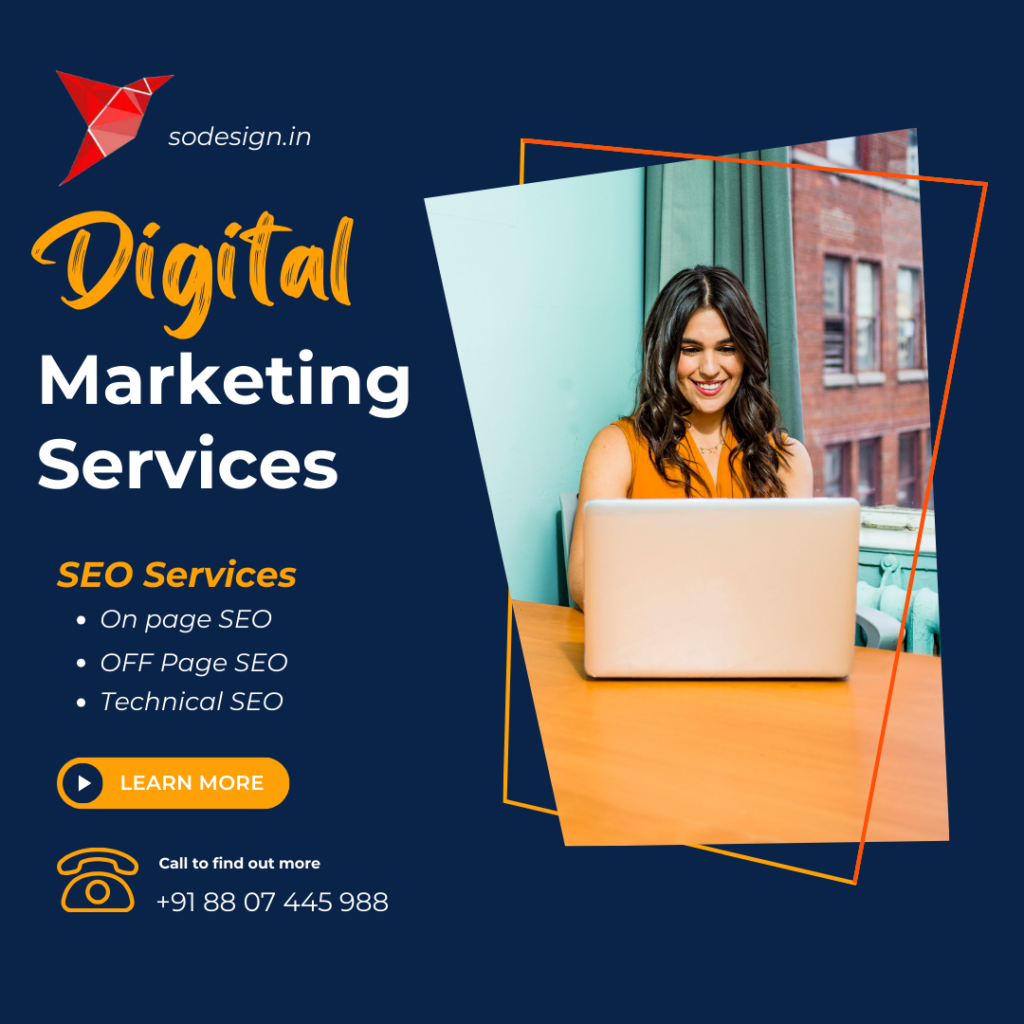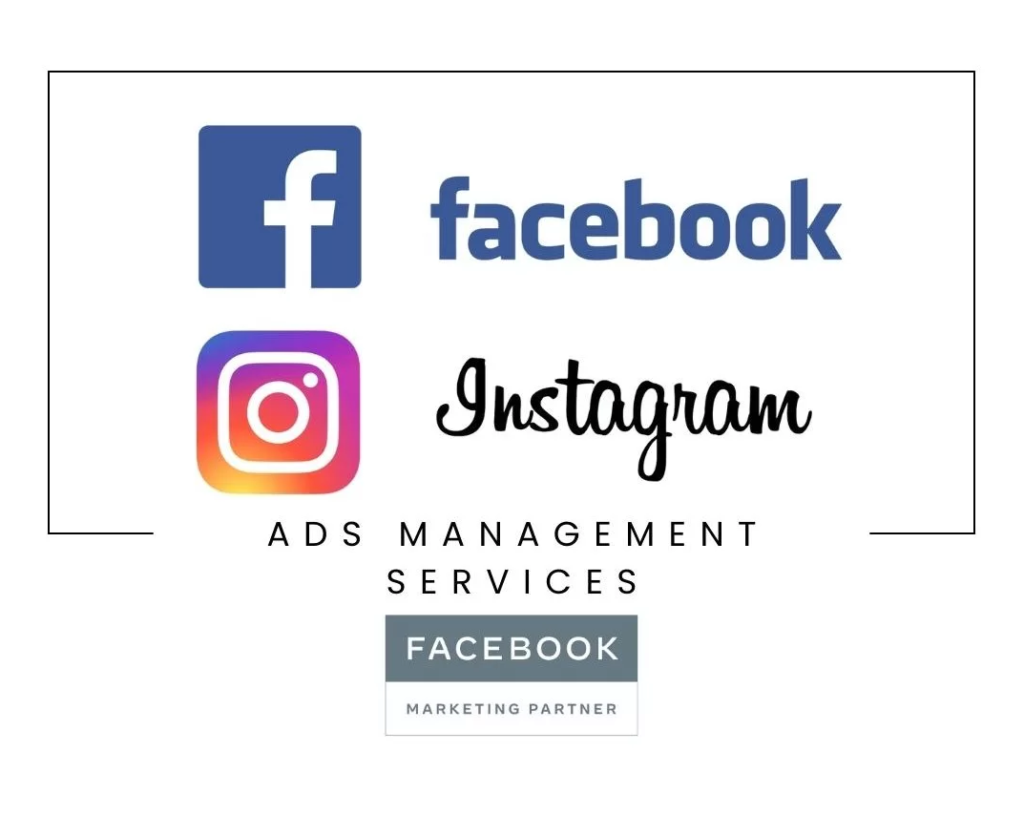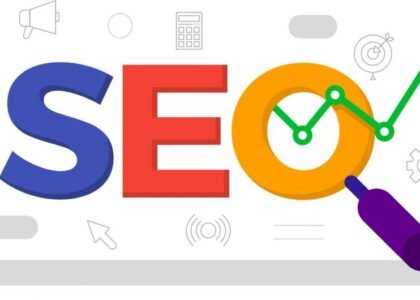The Importance of a Professional Website
In the digital age, a professional website serves as the cornerstone of a successful online presence. For any business striving to succeed online, a well-designed and functional website acts as a digital storefront, providing not only credibility but also an essential first impression for potential customers. Studies indicate that 75% of users make judgments about a company’s credibility based on its website design. Therefore, investing in a professional website is not just an option but a necessity.
User experience (UX) is a critical factor in retaining visitors and converting them into loyal customers. A website that is easy to navigate, visually appealing, and quick to load can significantly enhance user satisfaction. Conversely, a poorly designed website can drive potential customers away, with 88% of online consumers less likely to return after a bad user experience. Furthermore, mobile responsiveness is essential, given that over 50% of global web traffic now comes from mobile devices. A responsive website adapts seamlessly to different screen sizes, ensuring a smooth user experience across all platforms.
Search engine optimization (SEO) plays a pivotal role in attracting organic traffic to a website. A well-optimized website ranks higher in search engine results, making it easier for potential customers to find your business. Effective SEO incorporates relevant keywords, high-quality content, and a mobile-friendly design, all of which contribute to better visibility and higher search rankings. Companies like Amazon have seen tremendous growth due in part to their robust SEO strategies coupled with user-friendly website designs.
Beyond aesthetics and functionality, a professional website centralizes various business operations, such as e-commerce, customer service, and marketing efforts. For instance, e-commerce platforms integrated into a website facilitate seamless transactions, while customer service features like chatbots and FAQs enhance customer engagement. Marketing efforts, including email campaigns and social media integrations, can be effectively managed through a centralized website, streamlining operations and improving efficiency.
In summary, a professional website is indispensable for any business looking to thrive online. It not only enhances credibility and user experience but also plays a crucial role in SEO and centralizing business operations. Investing in a professional website can yield significant long-term benefits, making it a cornerstone of your online business strategy.
Effective Strategies to Optimize Your Website for Business Growth
Optimizing your business website is pivotal for achieving sustained growth online. Start by selecting a domain name that is concise, memorable, and relevant to your business. Ensure your website is hosted on a reliable server to guarantee uptime and fast loading speeds, which are critical for user experience and search engine ranking. Implement essential security measures like SSL certificates to protect user data and build trust.
Creating high-quality content is fundamental for engaging visitors and improving search engine optimization (SEO). Content should address the needs and queries of your target audience while seamlessly integrating relevant keywords. This not only helps in ranking higher on search engines but also establishes your business as an authority in its niche.
Incorporate social proof elements such as testimonials and reviews to build credibility and trust with potential customers. Displaying these prominently on your site can significantly influence purchasing decisions. Calls-to-action (CTAs) are essential for converting visitors into customers; they should be clear, compelling, and strategically placed throughout your website.
Utilizing analytics tools like Google Analytics can provide invaluable insights into website performance and user behavior. These tools enable you to make data-driven decisions to optimize your site continually. Tracking metrics such as bounce rate, average session duration, and conversion rates can help identify areas for improvement.
Integrating social media platforms and email marketing can drive traffic and enhance user engagement. Social media channels can amplify your content reach and foster community engagement, while email marketing campaigns can nurture leads and encourage repeat business.
Additionally, consider leveraging digital marketing techniques like pay-per-click (PPC) advertising and influencer partnerships. PPC can provide immediate visibility and drive targeted traffic to your website, while collaborations with influencers can extend your reach to a broader audience, enhancing brand awareness and credibility.








